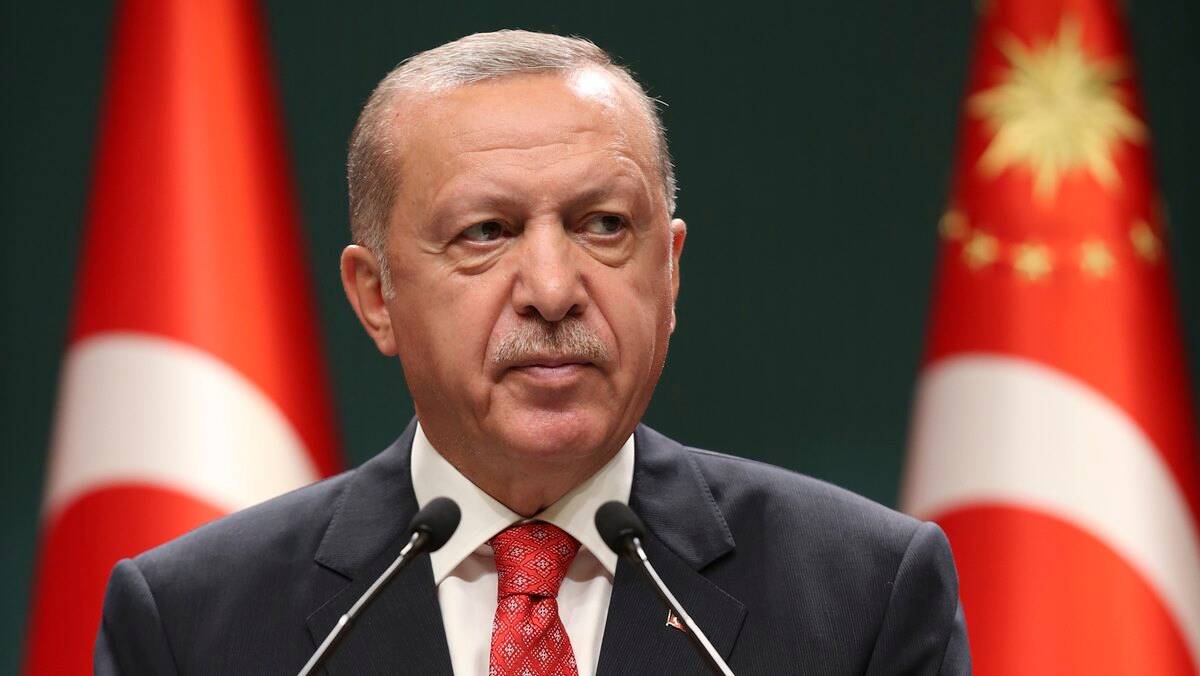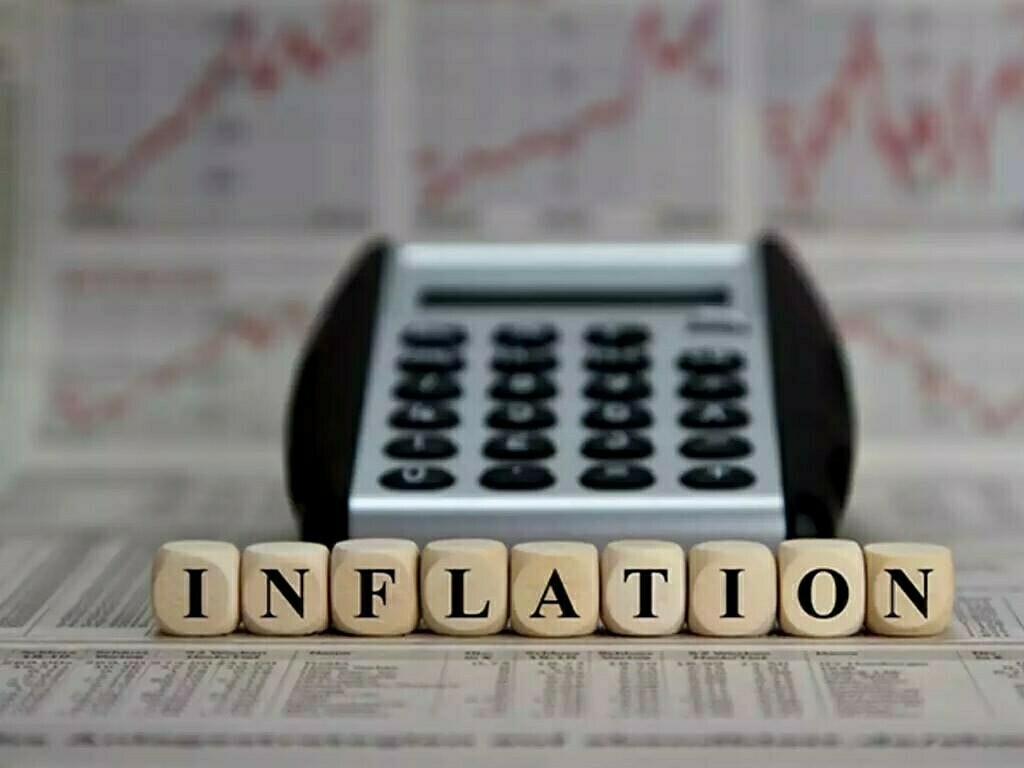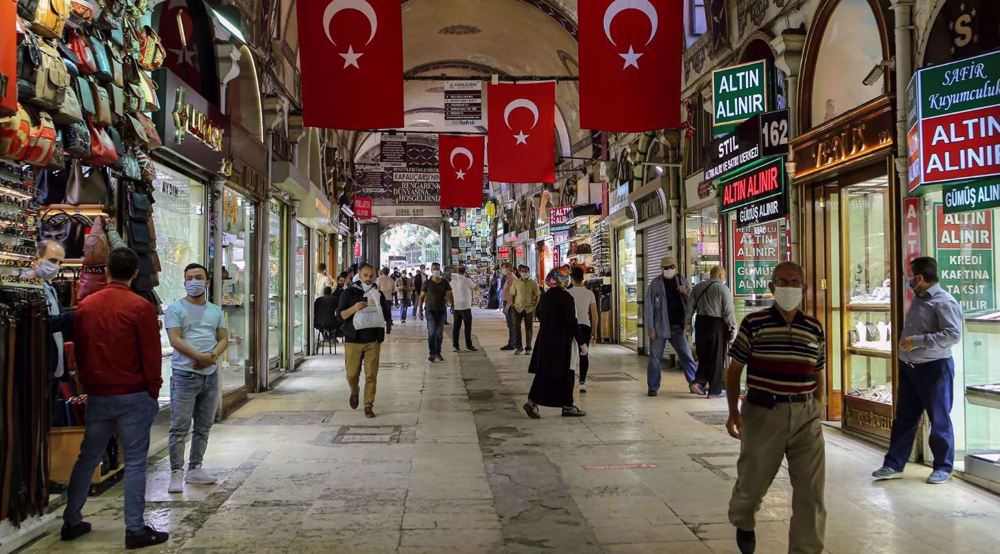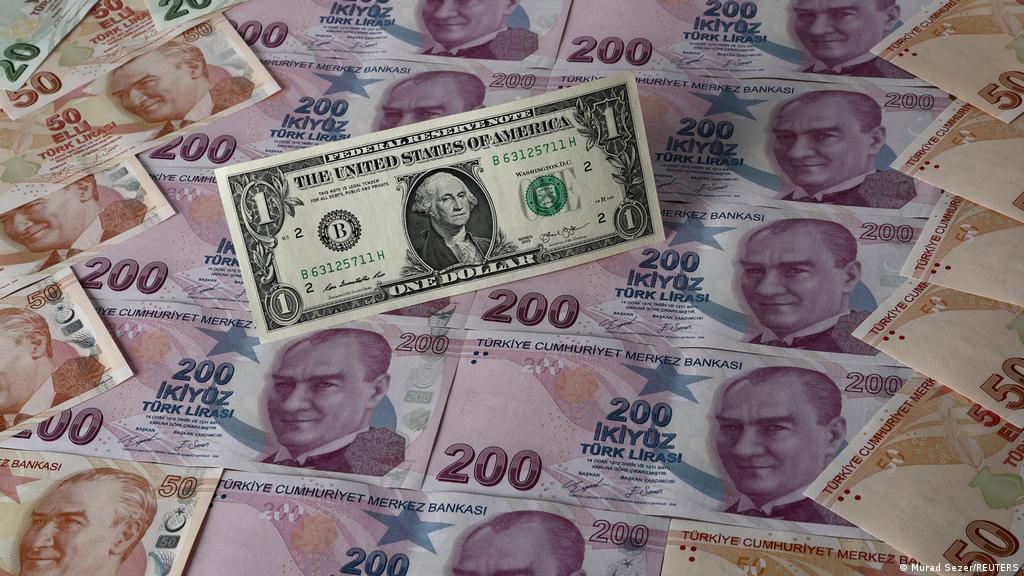Turkeys Inflation Soars To 73% As Food And Energy Costs Skyrocket
Turkey has seen tremendous development for years, but Erdogan has failed to increase interest rates in a serious way to combat the inflation that has resulted, portraying himself as a sworn hater of interest rates. As a consequence, the Turkish lira has fallen in value, giving the typical Turk significantly less purchasing power. So let us see everything there is to know about Turkeys Inflation Soars To 73percent As Food And Energy Costs Skyrocket.
Author:Alex MercerReviewer:Nathanial BlackwoodJun 09, 202235 Shares1.3K Views

As the nation grapples with skyrocketing food and energy prices and President Recep Tayyip Erdogan's long-running unorthodox monetary policy plan, Turkey's inflation for the month of May climbed by an eye-watering 73.5 percent year on year, the most in 23 years.
Food prices in the 84-million-strong nation jumped 91.6 percent year over year, according to the country's statistics department, highlighting the agony that normal people are experiencing as supply chain issues, increasing energy costs, and Russia's conflict in Ukraine all contribute to global inflation.
Turkey has seen tremendous development for years, but Erdogan has failed to increase interest rates in a serious way to combat the inflation that has resulted, portraying himself as a sworn hater of interest rates.
As a consequence, the Turkish lira has fallen in value, giving the typical Turk significantly less purchasing power. So let us see everything there is to know about Turkeys Inflation Soars To 73percent As Food And Energy Costs Skyrocket.
Erdogan And Turkey's Inflation
Even as inflation continued to soar, Erdogan urged the country's central bank - which many believe has little independence from him - to lower borrowing rates on a regular basis last year.
Those who objected to this line of action were sacked, and by the spring of 2021, Turkey's central bank had gone through four governors in two years.
The Turkish president promised to implement a new economic model that would result in a surge in export income due to a weaker lira, followed by a reduction in inflation by eliminating Turkey's long-standing trade imbalance.
That hasn't occurred, and the economy is now under severe strain as a result of exorbitant energy import expenses that must be paid in dollars - a lot more dollars, owing to the lira's depreciation.
Turkey's inflation is expected to continue to rise, according to economists. Following the release of the figures, Ehsan Khoman, director of emerging markets research for Europe, the Middle East, and Africa at MUFG Bank, wrote on Twitter, "The laser focus on heterodox measures over conventional monetary policy will unlikely solve the inflation challenge, and we anticipate levels breaching 80% y/y in Q3-22."
According to CNBC, Khoman expects Turkey's inflation to "remain north of 70% y/y until November" due to a combination of high commodity prices, growing domestic manufacturing costs, and a rapidly declining currency.
"Turkey in the 1990s, during the inflationary period. On Twitter, Holger Zschapitz, financial editor of German newspaper Die Welt, commented, "Looks like Erdogan has lost his last econ credibility."
“„In another tweet, he added, Erdogan's unconventional plan for handling the country's $790 billion economy continues to fail.
Turkey's consumer price index increased to 73.5 percent from 70 percent the previous month.
Turkey's Inflation Reaches A 23-Year High
The invasion of Ukraine by Russia has posed further hurdles for Turkey's economy, since rising global energy prices have raised the cost of the country's already high energy import bill and exacerbated inflation.
While Turkey has had tremendous economic development as a result of its ultra-loose monetary policy, the rising cost of living has eroded public support for Erdoan ahead of presidential and parliamentary elections in June next year.
Last month, Erdoan said that anyone who linked interest rates and inflation were either "illiterate or traitors."
Last year, growth surpassed 11%, but it is showing signs of weakening as high prices and a weak lira take their toll.
According to figures released earlier this week, gross domestic product expanded 1.2 percent on a quarterly basis between January and March this year, down from 1.5 percent in the last quarter of 2021.
Price increases and their negative effect on consumer demand, according to Goldman Sachs analysts, will "restrict" growth in the months ahead.
“„A robust tourist season and the beneficial impact of further lira depreciation on exports may only partly offset the dampening impacts of extremely high inflation and unfavorable global factors.We retain our year-over-year GDP growth prediction of 3.5 percent for 2022, although we now perceive a wider range of uncertainty around this estimate, they said.
Experts Predict A Higher Level Of Inflation
The government proposed a scheme to protect lira deposit holders from prospective losses owing to the currency's devaluation in an attempt to safeguard the sinking lira. It also increased the minimum wage by more than 50% in December.
Turkey started the year with price rises on everything from electricity and natural gas to road and bridge tolls and taxi fees, despite the government's attempts. Commercial customers' electricity rates climbed by roughly 125 percent, while residential customers' expenses increased by about 50 percent.
Istanbul, Turkey's biggest city, has seen a 30 percent spike in the cost of public transportation.
Erdogan has claimed that the worst of the situation has passed and that now is the time to enjoy the advantages of the government's efforts. But, according to experts speaking to Voice of America, this will not be the case.
Inflation in Turkey is expected to surge beyond 50% in the next months, according to Timothy Ash, an emerging markets sovereign analyst at BlueBay Asset Management in London.
He contends that state-backed foreign exchange intervention, rather than confidence-building measures like the deposit guarantee scheme, is to blame for the local currency's relative stability.
Turkey's central bank said that the government sold $19 billion in December to support its currency.
According to Ash, the government would not be able to protect its currency for long with this tactic.
“„Turkey's central bank does not have an endless supply of foreign currency reserves. Turkey has a net reserve position of negative $60 billion. They're wasting money that they don't have, he said
While it is difficult to use standard analysis to make an accurate forecast in cases like Turkey, where there is a large currency crisis, Applied Economics Professor Steve Hanke of Johns Hopkins University tells VOA that he measures Turkey's annual inflation on a daily basis using high frequency data.

Turkey's inflation soars to 73%, a 23-year high, as food and energy costs skyrocket - CNBC
Conclusion
Experts predict that the economy will continue to dominate Turkey's political agenda in 2022, with the economic condition potentially increasing the chances of an early election.
Turkey's elections are set to take place in 2023. However, rising costs have had a significant influence on Turks' lives, from food to medication and utilities.
Opposition parties see political chances in the economic policy challenges as Erdogan's approval ratings decline due to economic strain.
However, analyst Ash cautions that if the nation does not alter direction, it will suffer serious economic repercussions.
“„Unfortunately, Turkey is becoming resembling Argentina or Venezuela in terms of currency depreciation and hyperinflation. The current monetary policy cannot be sustained. So, either Erdogan modifies his program or he loses the elections and a new government takes over, he remarked.
However, if current policies continue, Turkey would face an economic and financial disaster, Ash said.
Last month, Erdogan said that Turkey will never again subject its political and economic destiny to the dictates of international organizations such as the International Monetary Fund, putting Turkey's economic future in jeopardy.

Alex Mercer
Author
Alex Mercer is a seasoned author and analyst specializing in wealth research, with a keen focus on evaluating the net worth of individuals across various industries. With over a decade of experience in financial analysis and wealth assessment, Alex has developed a nuanced understanding of the factors that contribute to an individual's financial status, from investments and assets to market trends and economic policies. His work involves in-depth reviews and analyses, providing insightful observations on wealth accumulation, management strategies, and the socio-economic implications of wealth distribution.
Throughout his career, Alex has become known for his ability to distill complex financial data into understandable and engaging narratives, making the subject of wealth and net worth accessible to a broad audience. His expertise is not just in numbers but in telling the stories behind them, highlighting the journeys, strategies, and decisions that lead to financial success or challenges. Alex's contributions to the field of wealth research are valuable resources for anyone looking to understand the dynamics of wealth in today's world, offering a unique perspective that bridges the gap between financial analysis and human interest.

Nathanial Blackwood
Reviewer
Nathanial (Nate) Blackwood is a distinguished financial journalist with a decade of experience in net worth analysis. He holds an Economics degree from the University of Finance and a Data Analysis certification, enabling him to blend thorough insights with engaging storytelling. Nate is known for making complex financial information accessible to a wide audience, earning acclaim for his precise and reader-friendly analyses. Beyond his writing, Nate is dedicated to financial literacy, actively participating in educational forums and workshops.
He is the founder of PureNetWealth, a platform that demystifies the financial achievements of public figures by exploring the strategies and decisions behind their fortunes. Nate's work bridges the gap between intricate economic concepts and the general public, inspiring a deeper understanding of wealth dynamics. Follow Nathanial Blackwood for essential insights into the financial narratives shaping our world.
Latest Articles
Popular Articles



